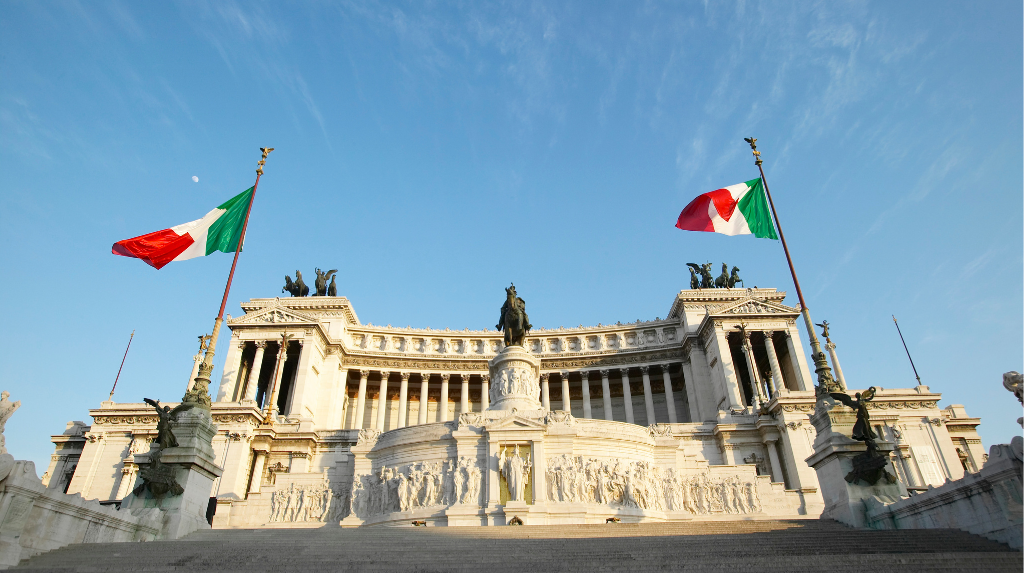Understanding the Italy visa for citizens of Nigeria is crucial for a smooth travel experience. Whether your visit is for leisure, business, academic pursuits, or family reunions, This guide aims to provide comprehensive information on various Italian visa types, the application process, and essential tips for Nigerian citizens planning to visit Italy.
Italy Visa Types for Nigerian Citizens
Italy offers several visa types tailored to the diverse needs of travelers:
Schengen Visa (C-type)
The Schengen Visa is ideal for short stays of up to 90 days within 180 days. It caters to tourists, business travelers, or those visiting families in Italy and other Schengen countries. It’s the most common visa for short-term visits.
National Visa (D-type)
The D-type visa is designed for longer stays in Italy. It is applicable for purposes such as work, study, or family reunification and allows stays in Italy exceeding 90 days.
Business Visa
Specifically tailored for Nigerian business professionals, this visa facilitates travel for business meetings, conferences, and other professional activities in Italy.
Study Visa
Nigerian students who are admitted to Italian educational institutions for courses longer than three months qualify for this visa category. It’s a pathway for those seeking to pursue academic excellence in Italy.
Work Visa
Nigerians planning to work in Italy need a work visa, typically sponsored by an Italian employer. This visa is tied to specific job offers and employment contracts.
Family Reunification Visa
For Nigerian citizens residing in Italy wishing to bring family members to join them, this visa provides the means for family reunification in Italy.
Visa Application Process
Assessing the Right Visa Type
Identifying the correct visa category based on the purpose of your travel is the first step. Each visa type has specific requirements and application procedures.
Documentation Gathering
Essential documents typically include a valid Nigerian passport, proof of financial means, travel itinerary, accommodation details, and travel medical insurance. Additional documents such as invitation letters, admission letters, and employment contracts may be required for specific visa types.
Application Form Completion
The visa application form should be filled out accurately and completely. For Schengen visas, use the standard Schengen visa application form. For national visas, the corresponding national form is needed.
Appointment Scheduling
Book an appointment at the Italian Embassy or Consulate in Nigeria. Due to high demand, it is advisable to schedule your appointment well in advance.
Visa Fee Payment
The visa application fee varies based on the visa type and is subject to periodic changes. Ensure payment of the correct fee amount.
Visa Interview Attendance
The interview is a critical component of the visa application process. Be prepared to discuss your travel plans, purpose of visit, and ties to Nigeria.
Awaiting the Visa Decision
After completing the Italian visa application process, including attending the interview and submitting all necessary documents, the next stage is awaiting the visa decision. The waiting period’s duration can vary, often depending on factors such as the type of visa you’ve applied for, the specific requirements of the Italian Embassy or Consulate in Nigeria, and the volume of applications they are processing.
Tips for a Successful Visa Application
- Early Application: Start the application process early to account for any unforeseen delays.
- Accuracy and Completeness: Ensure your application is accurate and complete to avoid unnecessary delays or rejections.
- Sufficient Financial Means: Demonstrate that you have enough funds to cover your stay in Italy.
- Adherence to Guidelines: Strictly follow the application guidelines for the visa type you are applying for.
Common Reasons for Visa Rejection
- Missing or incomplete application documents.
- Insufficient evidence of financial capability.
- Doubts about the intention to return to Nigeria.
- Inadequate travel insurance coverage.
Post-Arrival in Italy
Upon arrival in Italy, adhere to the visa conditions. Overstaying or violating visa terms can lead to penalties and affect future visa applications.
In conclusion, applying for an Italian visa requires meticulous planning, understanding the different visa categories, and following the application procedures diligently. With this guide, Nigerian citizens can efficiently navigate the process, enhancing their chances of enjoying a memorable visit to Italy.
Reminder: Always refer to the most recent information from the Italian Embassy or Consulate, as visa policies and requirements can change.
Do you need assistance with your Italian visa application?
Contact our team of skilled immigration lawyers to discuss your visa and immigration needs. Call us at +234 812 5505 986 or WhatsApp us at +234 818 1547 085 for immediate assistance. We are available to assist you in person, over the phone, or online.





